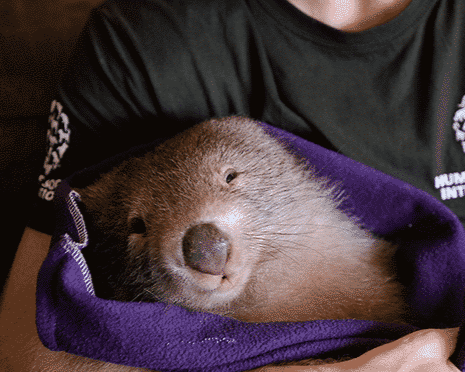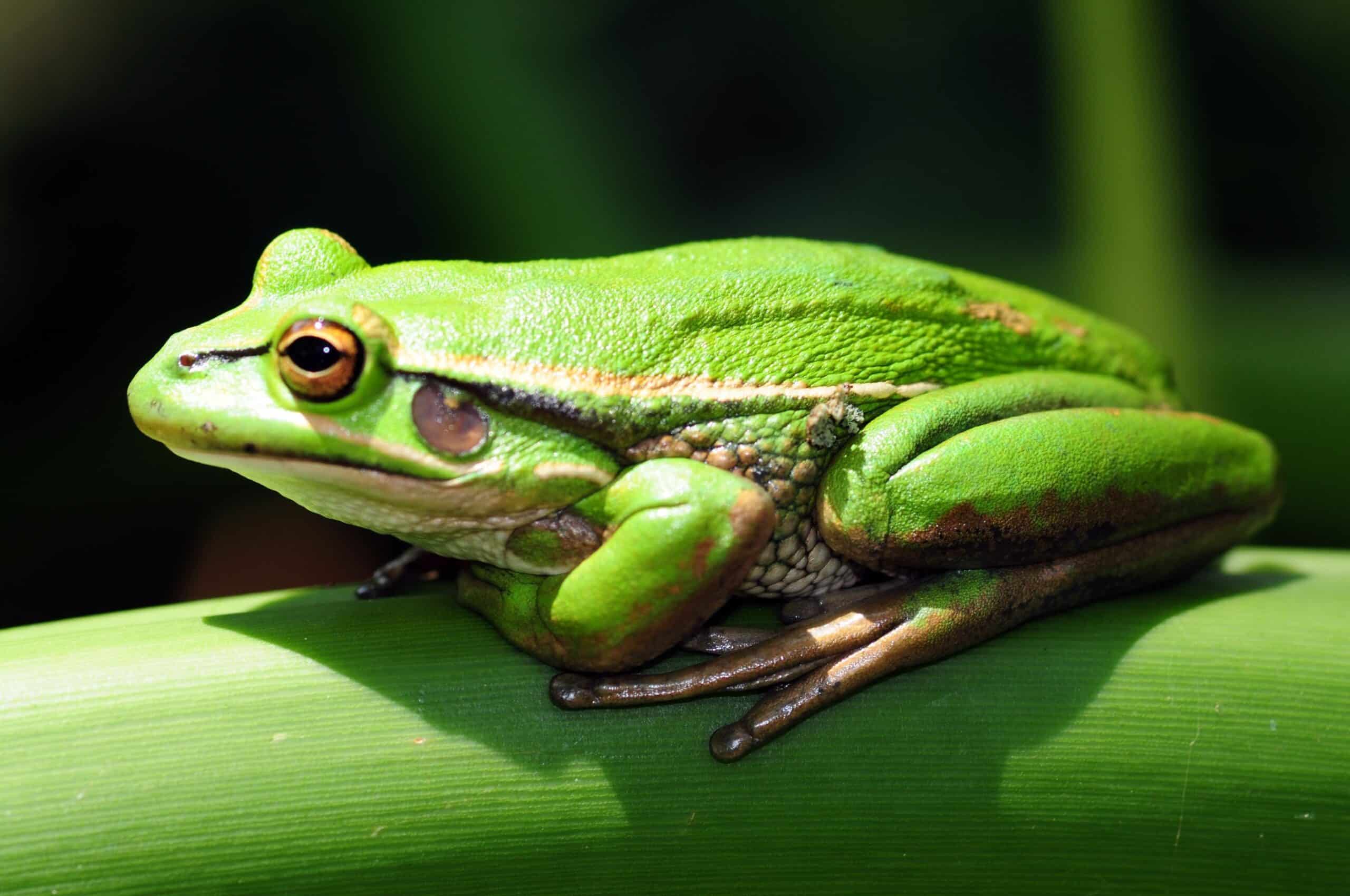Australia’s native animals are protected by law — but that protection comes with caveats. Across every state and territory, permits are routinely issued that allow property owners to kill native wildlife. Known in many jurisdictions as “damage mitigation permits,” these licences have quietly sanctioned the deaths of millions of animals...
In the second of our series on International Projects supported by HSI Australia, we journey to Zimbabwe where Painted Dog Conservation (PDC) is working to protect the endangered African wild dog in one of the last few places it remains on continental Africa.
The species once ranged through 39 countries in Africa, thriving with a population of 500,000 through the turn of the twentieth century. Sadly, today their numbers are less than 7,000 individuals in 14 range states. It is currently one of Africa’s most endangered species.

Painted dogs average in excess of 12 miles a day as they hunt, making them more likely to encounter deadly snares which threaten their survival. Image: Nicholas Dyer
Zimbabwe is one of the last population strongholds for the painted dog; however PDC also works on projects committed to their conservation in nearby Namibia and Zambia.
Anti-poaching units are one of the key areas of conservation for the organisation, helping to combat the threats imposed by snares that are set to trap wild animals. Painted dogs average in excess of 12 miles a day as they hunt, increasing the likelihood of an encounter with a deadly snare compared with less mobile animals.
PDC also has a rehabilitation facility that helps protect sick, injured or orphaned painted dogs that are rescued from Zimbabwe’s Hwange National Park. From there, a reintroduction program helps release dogs back into their natural environment whilst rebuilding weakening gene pools and creating healthy packs.

Painted Dogs are intensely social animals, living most of the time in close association with each other. Image: Nicholas Dyer
Another key area of conservation is pack monitoring, which involves collaring to identify behaviour patterns, hunting success, and causes of mortality in the different areas. Painted Dogs are intensely social animals, living most of the time in close association with each other. Road signs have been erected alerting motorists of packs that utilise the main roads. These dogs are fitted with retroreflective collars providing additional safety from possible collisions with motorists.
PDC also works with recent graduates from Zimbabwe who are mentored with the intention of creating a new generation of motivated, field competent, and passionate conservation biologists in the country.
HSI has supported the work of PDC since 2003, and continues to provide resources for anti-poaching activities and education programs for the protection of this extremely unique species.


